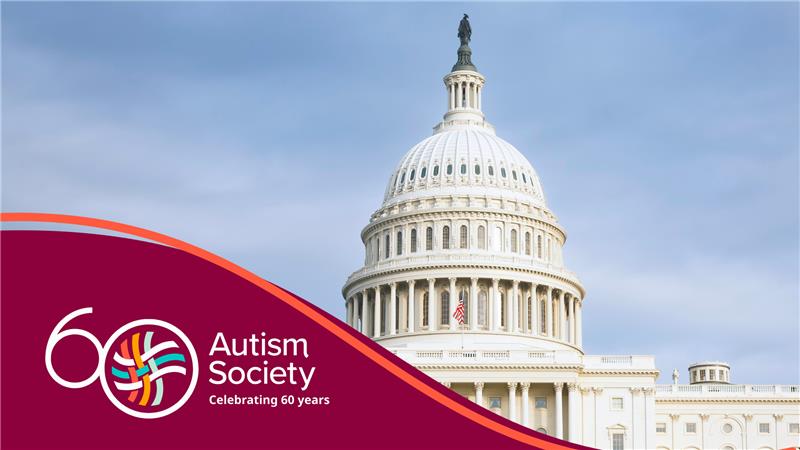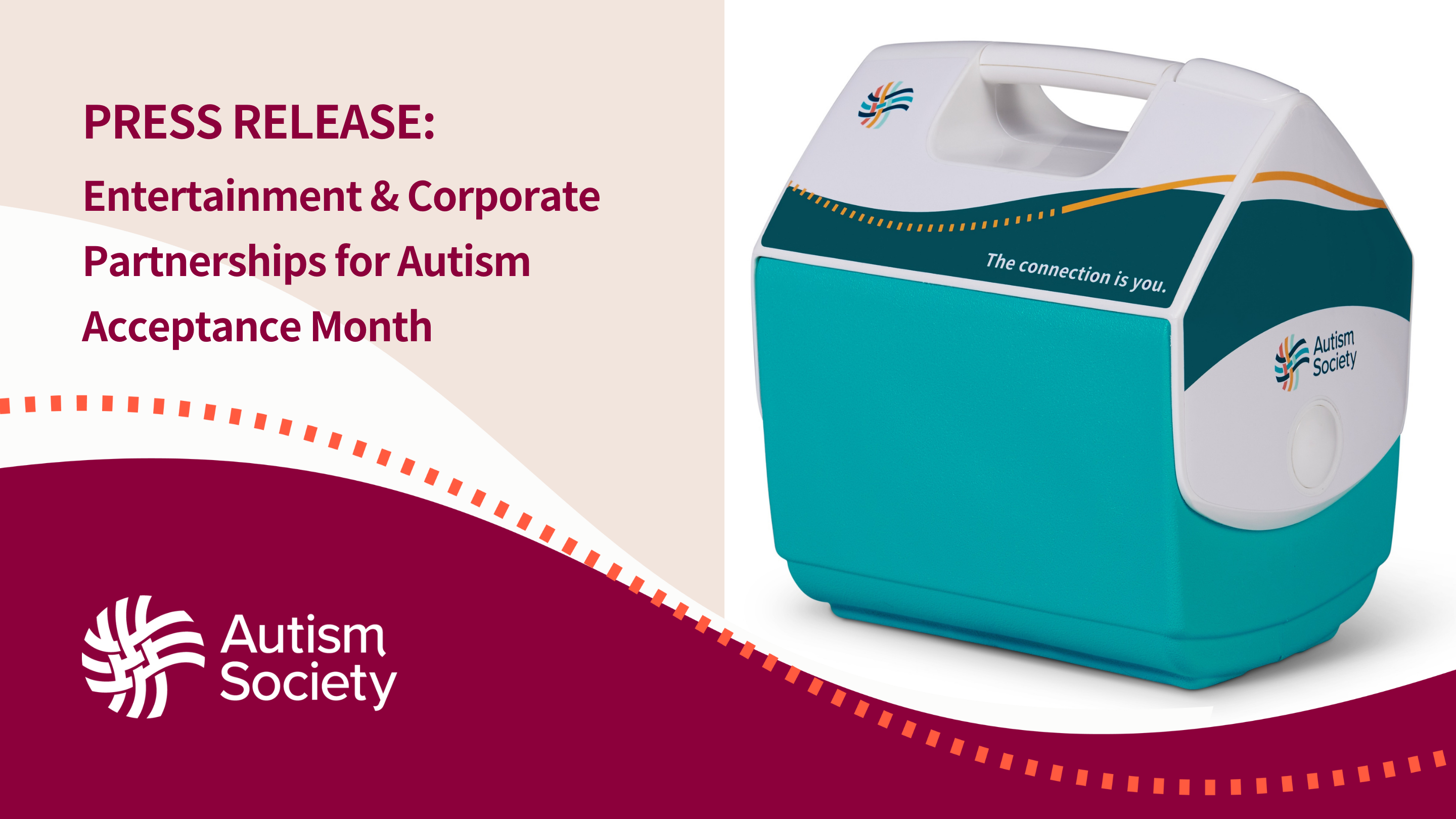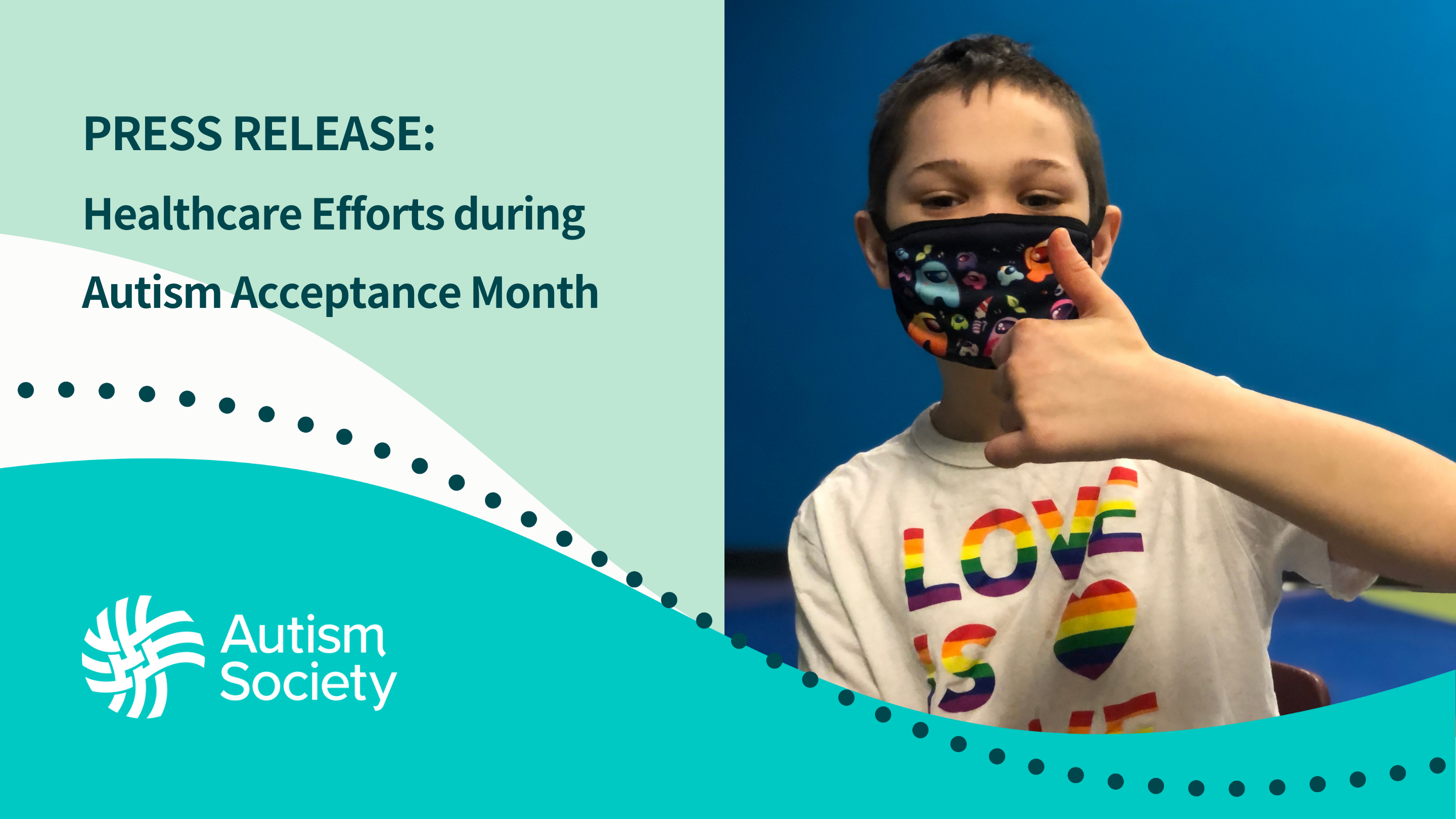
In this issue of Capitol Connection, get an update on federal budget negotiations and information about an upcoming grassroots call with members of Congress. Administrative updates and news on an advocacy win in South Carolina are also included.
Budget Negotiations and Grassroots Call
President Biden met with House and Senate leaders on Tuesday, May 16th to negotiate on federal budget topline numbers. The House leadership continues to demand significant cuts in exchange for a vote to raise the debt ceiling (see also May 4th Capitol Connection). At the same time, House leaders want to protect Social Security, Medicare, Veterans, and Defense from the cuts. This means that in order to achieve the significant savings called for in the House bill, early intervention, education, employment, housing, home and community-based services and other non-defense discretionary programs would be cut by approximately 33% (read more here). Medicaid would also be significantly cut and altered to include burdensome work requirements. The Autism Society worked with AUCD to develop a Guide to the Debt Ceiling Negotiations to help individuals and families understand the debate and provide tools to help educate policymakers. The guide includes a link to easily educate members of Congress.
On May 24th at 4:30 pm ET, Senators Casey (PA), Wyden (OR), and Majority Leader Schumer (NY) will be joining the Autism Society of America and The Arc, along with other advocates in the disability and aging communities to provide an update on budget negotiations. The discussion encourages individuals and families to educate Members of Congress about the impact drastic cuts would have on people with disabilities and working families. Register here.
Administration Updates
Workplace Accommodations Report
The United States Department of Labor released a report on the landscape of workplace accommodations in the country. They found that about half of the accommodations employers provide for those with disabilities do not cost the employer anything and of those that do cost, it is a one-time median fee of $300. The report also analyzes data from employers and found that employers highly valued making these accommodations as they kept valuable employees and increased workforce diversity.
CPSD Letter on 14(c) Certificates
The Collaboration to Promote Self-Determination (CPSD) sent a letter to the Department of Labor urging them to place a moratorium on the issuance of new certificates under Section 14(c) of the Fair Labor Standards Act. These certificates allow employers to pay subminimum wages to employees with disabilities. The letter argues that recent laws and court cases, including the ADA, Olmstead, and WIOA, all promote inclusive and independent living which is contradictory to 14(c). The letter also points out that 14 states have outlawed subminimum wages and that the program has decreased by 50 percent in the last decade. The Transformation to Competitive and Integrated Employment Act is in line with this policy and would help states transform their systems to increase opportunities for people with developmental disabilities.
Department of Education Confirmation
Glenna Wright-Gallo was confirmed by the U.S. Senate as Assistant Secretary for Special Education and Rehabilitative Services at the U.S. Department of Education. Wright-Gallo has worked in the education system for over 25 years as a teacher, administrator, state director, and assistant superintendent.
State Advocacy
South Carolina
The Autism Society of America worked with our South Carolina affiliate to advocate for a bill to add Autism and other developmental disabilities as a qualification for the state-wide missing adult alert. This bill passed on the last day of the session, May 11th, and will now head to the Governor’s desk for signing.
Autism Society Public Health Resource
The Coronavirus Public Health Emergency came to an end on May 11th. Please refer to the Autism Society’s new resource in English and Spanish on how your medical benefits will be changing. Changes to medical benefits include payment for vaccines, tests, and treatment, as well as SNAP and Medicaid eligibility, benefits, and redetermination. Please feel free to share this resource widely.
CDC Resources
The CDC released a new COVID-19 Easy to Read Hub with a suite of accessible and interactive materials for people with intellectual and developmental disabilities and their care providers.
CDC has also updated its website with information about the implications of the end of the federal COVID-19 Public Health Emergency (PHE) declaration. For more information visit https://www.cdc.gov/coronavirus/2019-ncov/your-health/end-of-phe.html.
Share:





